You don’t Feel it until You are Displaced: Refugees, Internally Displaced Persons, Returnees, Stateless Persons are All Human
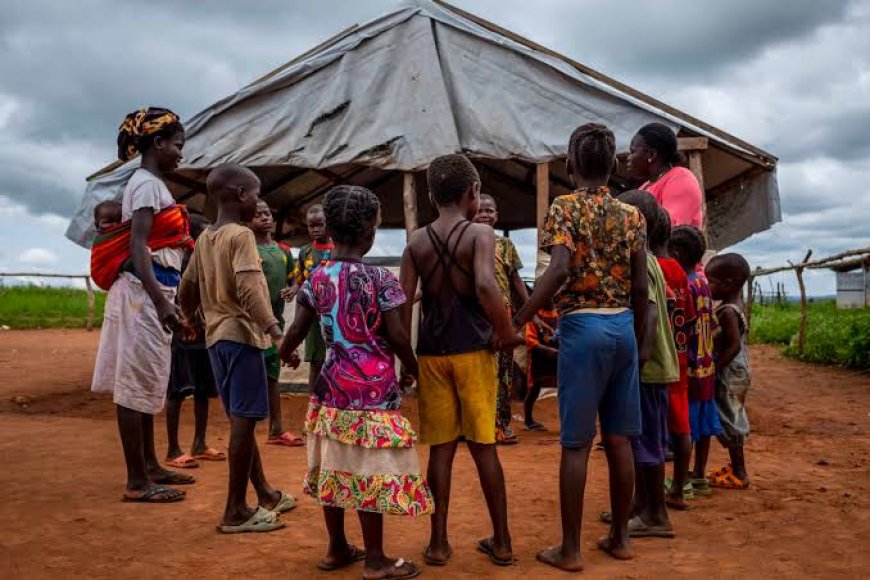
I want to begin by admitting something: this is not an easy topic to write about. Not because it’s controversial or abstract, but because — if I’m being honest — the human cost is just overwhelming at times.
And perhaps that’s the most disorienting part of all this: the numbers are enormous, but the people feel invisible.
You hear things like “120 million forcibly displaced worldwide,” and some part of your brain just—shuts off. It’s too big. Too far. You can't picture it.
But I can’t stop picturing it.
A grandmother with her hand on the shoulder of a child who doesn’t stop trembling. A man who buried his documents in a tin box before running. A young woman stitching up old clothes because it's all she could carry. Not because I’ve seen it all firsthand — but because, even from a distance, you feel the ache. Especially when you try to imagine it as your own story.
Displacement isn’t just “movement.” It’s disconnection — from your land, your papers, your neighbors, your sense of belonging. Sometimes, even from your own name.
And you don’t feel it — really — until it happens to you.
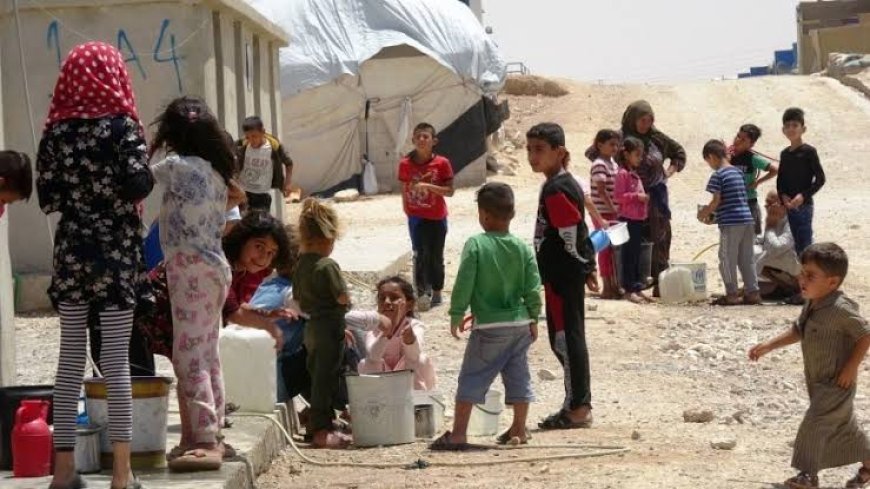
Who Are We Talking About?
Let’s not rush past the terms. Let’s sit with them.
1. Refugees
A refugee is someone forced to cross a border to escape war, violence, or persecution — for their beliefs, their identity, or just being caught in the wrong place at the wrong time.
They flee with what they can carry. Sometimes not even that.
And when they get to the other side? It’s not always safe there, either. Life in camps can stretch into years. No work. Limited schooling. Constant waiting. Their lives on pause — indefinitely.
2. Internally Displaced Persons (IDPs)
IDPs had to flee too — but they didn’t cross a border. They’re still in their own country. Technically.
That doesn’t mean they’re safe.
Many live in makeshift shelters, or overcrowded camps, or move from one place to another, invisible to systems meant to protect them. They’ve lost homes, jobs, schools — everything — and often get less attention than refugees.
And here’s the truth: staying behind doesn’t always mean you’re better off. Sometimes, it just means you couldn’t leave.
3. Stateless Persons
Statelessness is quieter, but devastating.
A stateless person has no nationality. No legal identity. No passport. No right to vote, to go to school, to work legally, to belong — anywhere.
Some were born into statelessness. Others lost citizenship because of discrimination, war, or political changes.
It’s hard to explain how deep the impact goes — being excluded from systems that recognize everyone but you. Being alive, but undocumented in every sense of the word.
4. Returnees
Now here’s one group we barely talk about: returnees.
Some are coming back after years in exile, war, or disaster — like refugees or IDPs. Others return after irregular migration. Trafficking. Deportation. Hardship abroad.
Not all left through official channels. Many were just desperate.
Coming back isn’t always a relief. Sometimes the home is gone. Sometimes shame follows them. Sometimes there’s no support, no jobs, no welcome.
Each group, though different in legal definition, shares something painfully human: the feeling of being unmoored. Disconnected from a place, a system, a future.
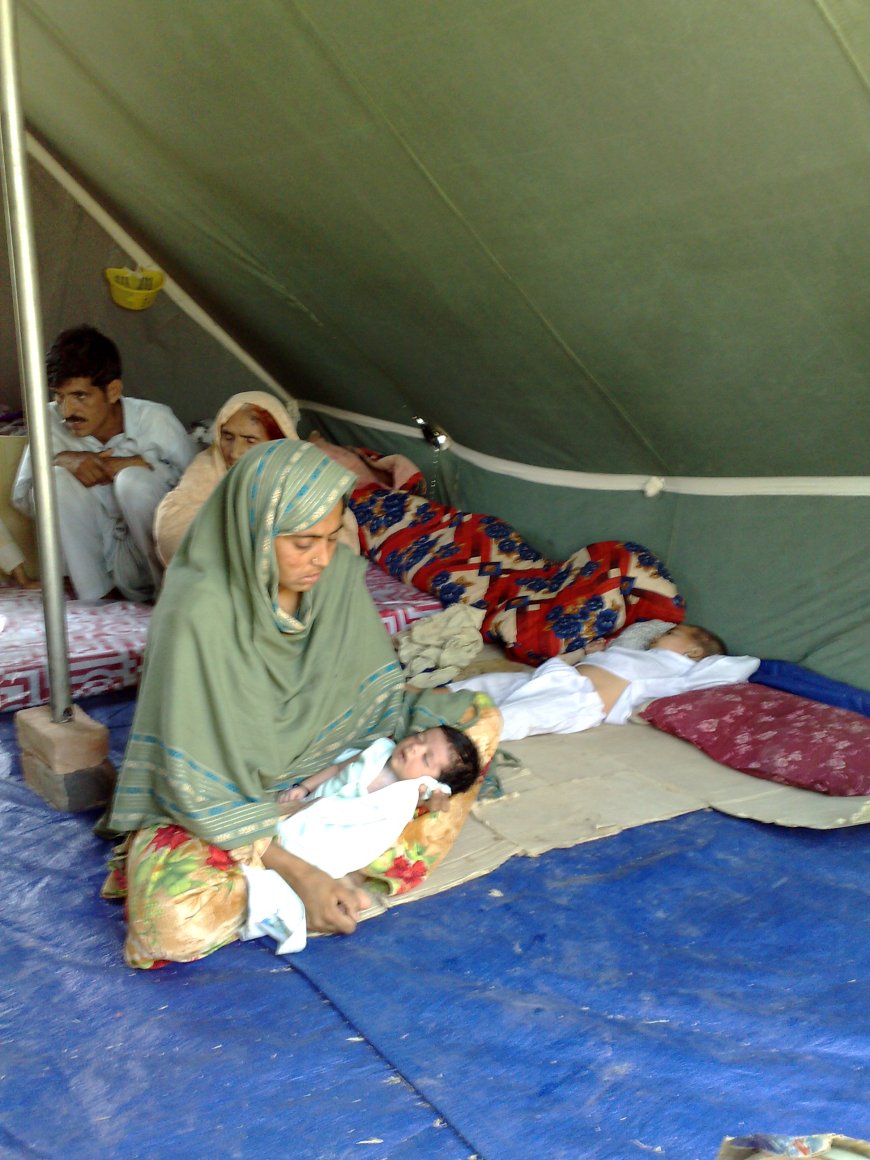
Why Are People Displaced?
Displacement doesn’t fall from the sky. It has causes — rooted in history, politics, injustice, and sometimes, the climate itself.
- Conflict and War: This one is obvious. War uproots people. Families run from shelling, gunfire, massacres. From South Sudan to Syria, Ukraine to Gaza — the pattern repeats: “We didn’t plan to leave. We had to.”
- Ethnic, Religious, or Political Persecution: Sometimes it’s not war — it’s identity. You can be targeted for your language, your religion, your politics, even who you love. This isn’t just historical. It’s happening right now — to Rohingya in Myanmar, Uighurs in China, ethnic minorities in Ethiopia, LGBTQ+ people in Uganda and beyond.
- Natural Disasters and Climate Change: This is growing fast. Drought, flooding, cyclones, and rising seas are displacing millions. In many places — from Bangladesh to the Sahel — entire villages vanish slowly, year by year. No bombs. No politics. Just water swallowing land. Or land turning to dust.
- Development Projects and Evictions: Sometimes it’s not about conflict at all. Governments or corporations move people out to build dams, roads, or “modern cities.” Often without consent. Sometimes without compensation. Imagine losing your farm — not to war, but to a high-speed rail no one asked you about.
- Economic Collapse and State Fragility: When the system breaks — when banks crash, medicine disappears, or violence spreads without control — people move. Venezuela. Haiti. Afghanistan. The list grows.
And that movement doesn’t always look like mass migrations. Sometimes, it’s quieter. A trickle. A bus ticket. A boat ride. A desperate walk across a border in the dark.
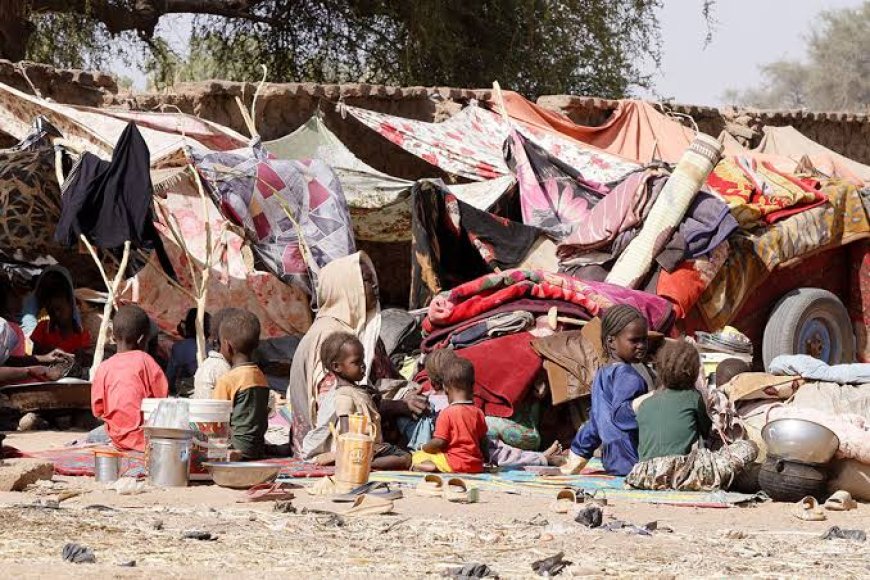
But What If They End Up in Camps?
Let’s not pretend this part is easy to talk about.
Because here’s the thing: we often imagine camps as temporary — like holding zones before “something better” happens. But for millions, they’re not temporary. They’re home — for years, even decades.
Think of places like:
- Dadaab and Kakuma (Kenya) — some people born in these camps are now raising their own children there.
- Cox’s Bazar (Bangladesh) — home to over 900,000 Rohingya, many of whom fled genocide.
- Za’atari (Jordan) — housing over 70,000 Syrians, with makeshift bakeries, schools, and barbershops.
- Al-Hol (Syria) — a grim, dangerous camp housing women and children caught in the wreckage of war and extremism.
Camps are often overcrowded, under-resourced, and highly vulnerable to disease, violence, and exploitation. Access to education? Patchy. Healthcare? Limited. Employment? Often illegal.
And yet — inside those same camps — people build lives. They teach, they sing, they pray, they argue, they fall in love. Not because the conditions are good. But because human beings don’t stop living just because the world stops seeing them.
Camps may be necessary in the short-term. But long-term? People deserve more than tents and fences. They deserve choice.
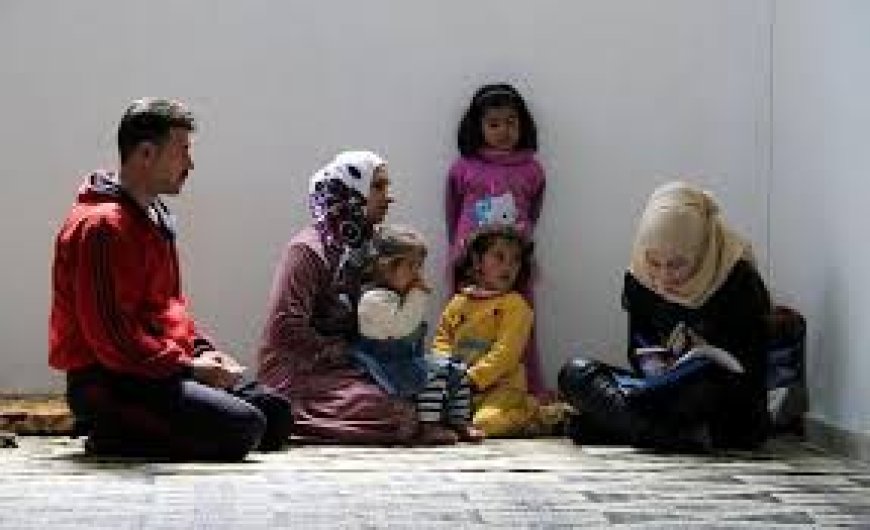
Integration, Reintegration, and Dignity
Let’s talk about the long road home — or the road forward, if home is no longer an option.
Integration (for those who stay)
When refugees and displaced persons settle in a new country or community, integration is key. That means:
- Language and cultural orientation
- Legal work opportunities
- Housing and health access
- Education for kids and adults
- Support for host communities too
But let’s be real — integration doesn’t mean “just fit in.” It means building a new life that honors your past while embracing your future. And that takes both systems and humans.
You. Me. All of us.
Reintegration (for those who return)
Reintegration is hard. You don’t just walk back into your old house like nothing happened.
The land may be mined. The community may have changed. Or... people may not want you back.
Reintegration means:
- Rebuilding homes and schools
- Reclaiming land and rights
- Re-establishing identity papers
- Addressing trauma and justice
- Creating jobs — not just handouts
And sometimes? Return isn’t safe at all. Which means the choice not to return must be respected too.
What Can You — Personally — Do?
This is where people freeze. “I’m just one person. What difference can I make?”
I get it. But you can do something. And honestly, you probably already know what I’m about to say.
- Learn first: Know the difference between a refugee and an IDP. Understand what statelessness actually means. Words matter. Definitions matter. Because they shape policies — and lives.
- Use your voice: Speak up. Correct misinformation. Push back against dehumanizing language. Vote for policies that welcome, not wall off. Write to your representative. Join a local campaign.
- Donate (if you can): Find a trusted local or international group and give — money, time, skills. Even a small monthly donation helps.
- Welcome in small ways: Support refugee-run businesses. Offer language exchange. Help with resumes. Invite someone to your table. Listen — really listen — to their stories.
- Keep your heart open: Empathy isn’t weakness. It’s strength. Stay open even when it hurts.
Final Words
Displacement is not a side issue. It’s a mirror — showing us what kind of world we’re building, and who gets left behind.
And the people caught in it?
They’re not broken. They’re not “other.” They’re not some sad statistic to scroll past.
They’re human — like you, like me. Tired, hopeful, scared, stubborn, grateful, brilliant, ordinary human beings. Trying to live. Trying to belong. Trying to be seen.
You don’t feel it until you are displaced.
But once you do?
You never un-feel
it again.
And maybe the hardest truth of all — the one we hesitate to say out loud — is this:
You never know. You too may be in their shoes one day.
What's Your Reaction?











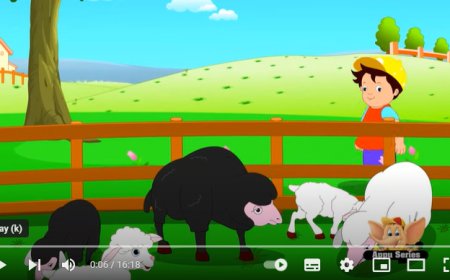
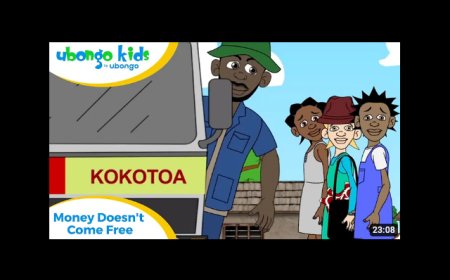


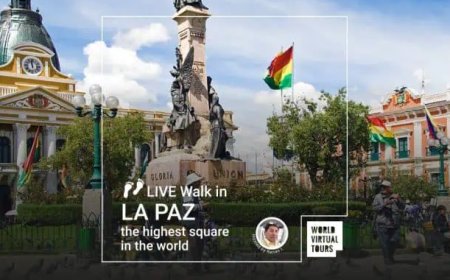
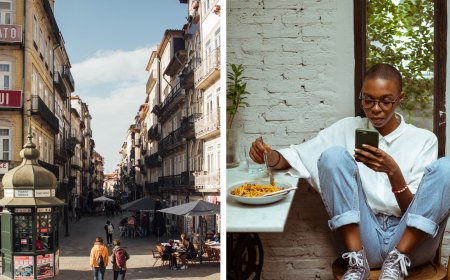
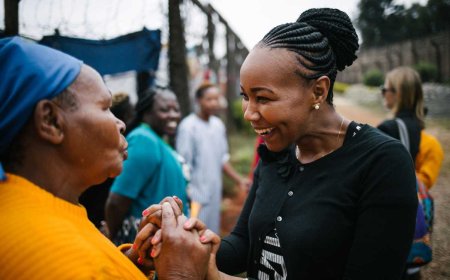
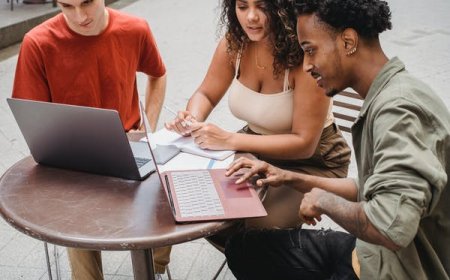

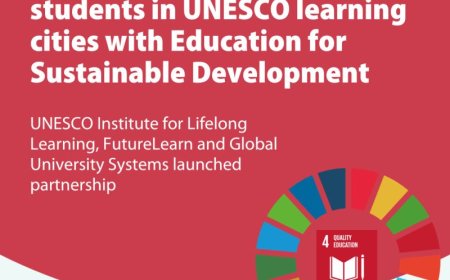
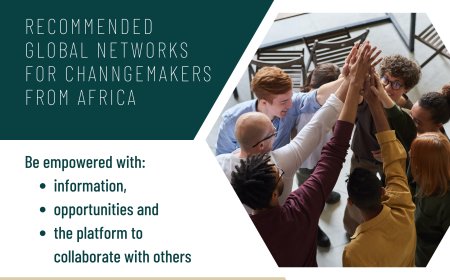
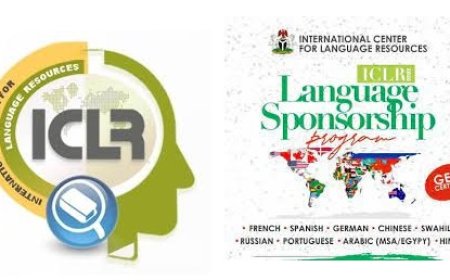
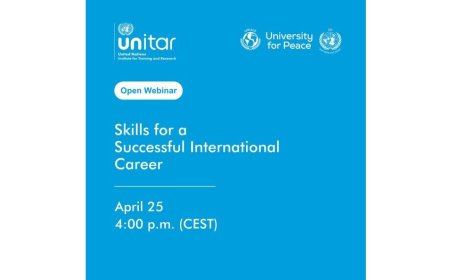


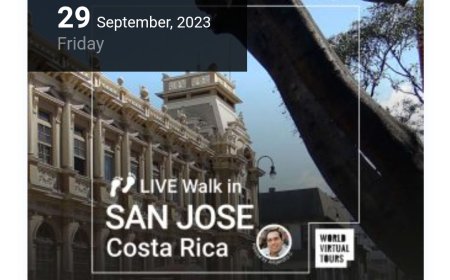
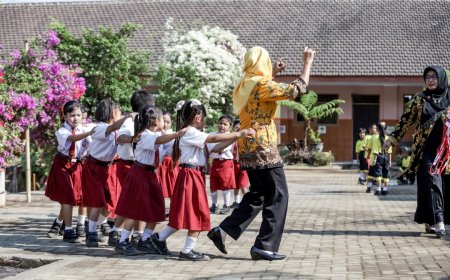
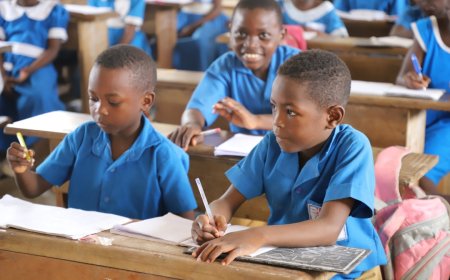
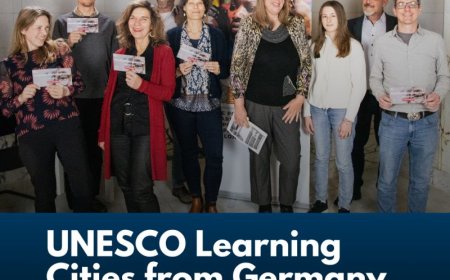
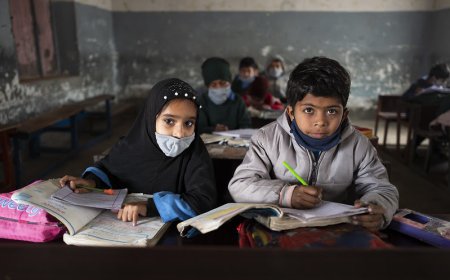
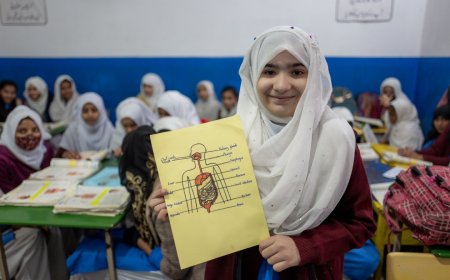
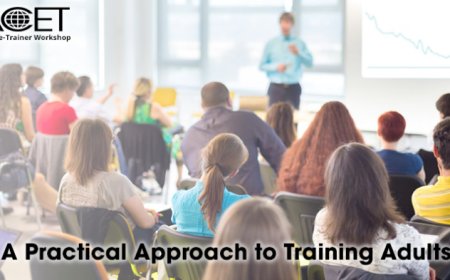
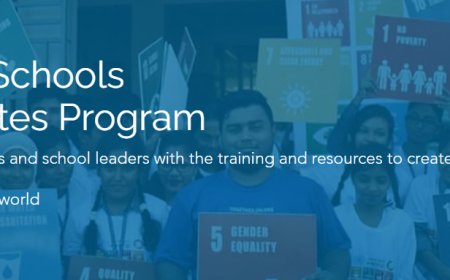
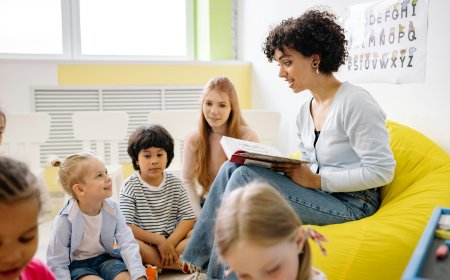

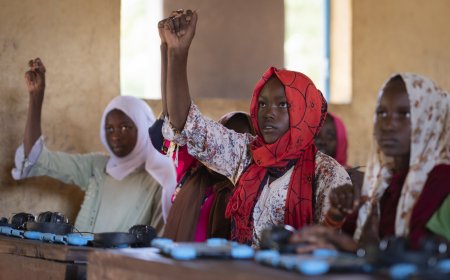
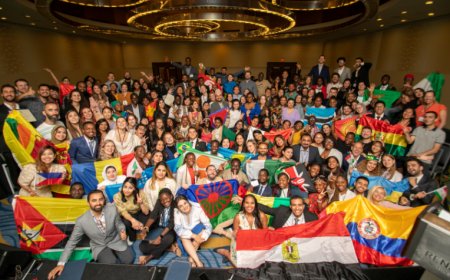
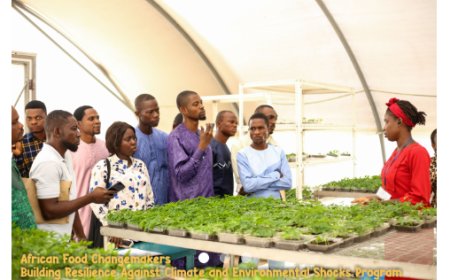
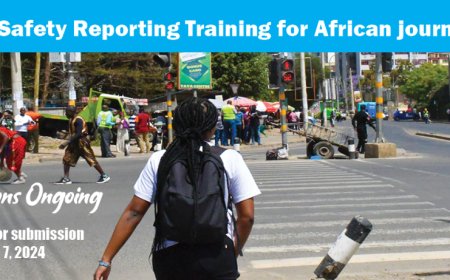
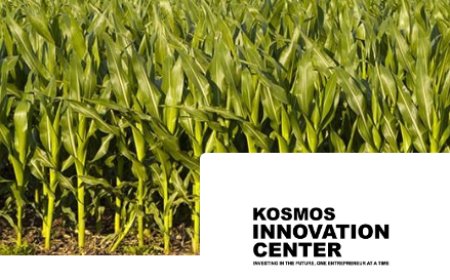
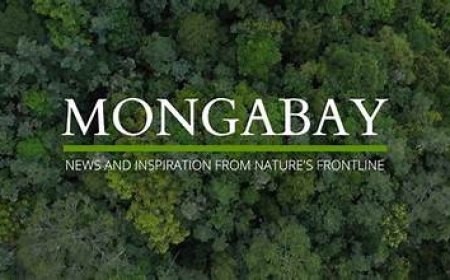



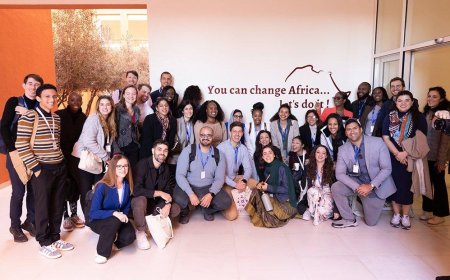
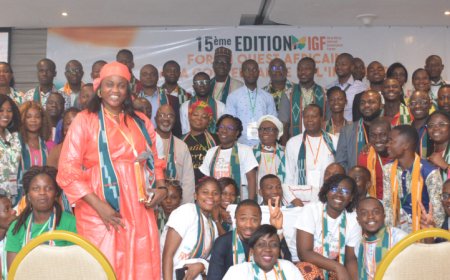
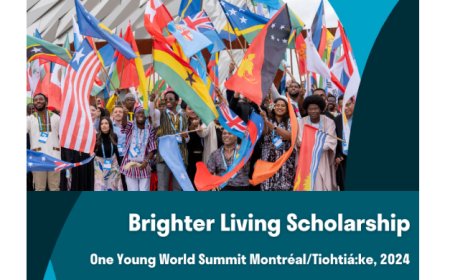
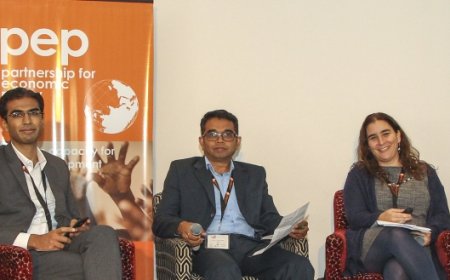


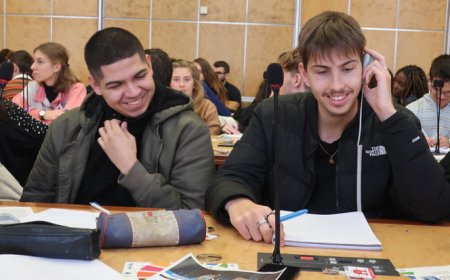

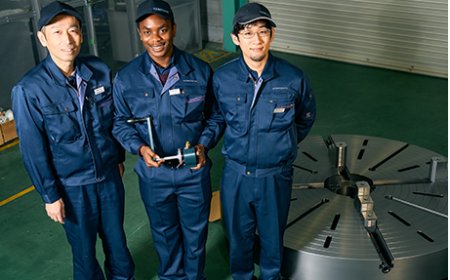
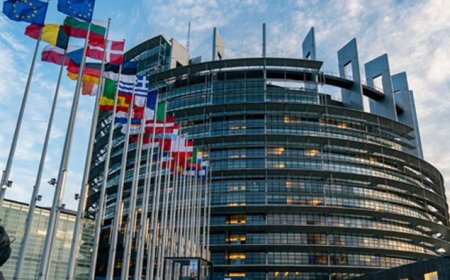


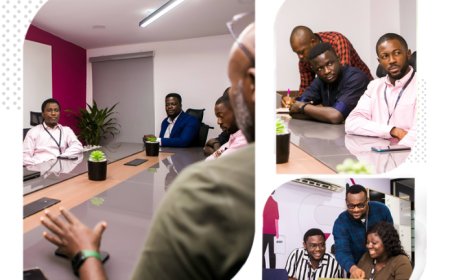
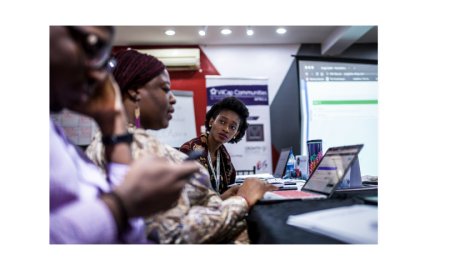



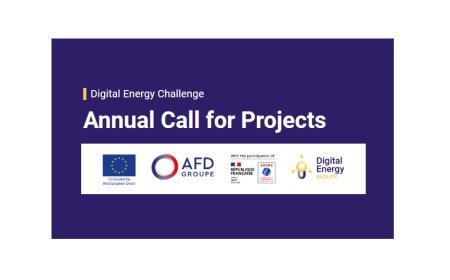
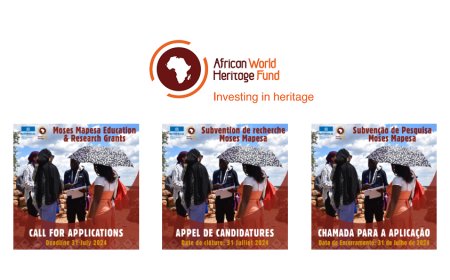
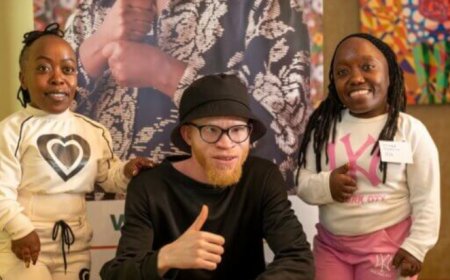
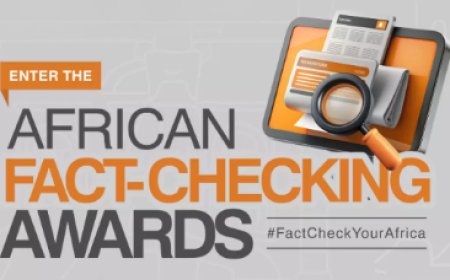
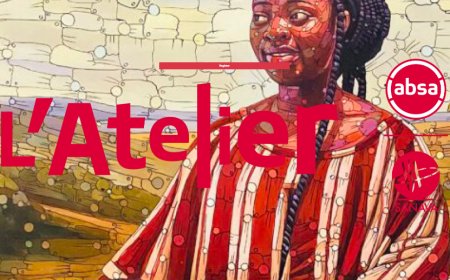
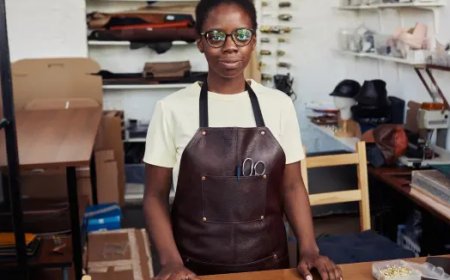
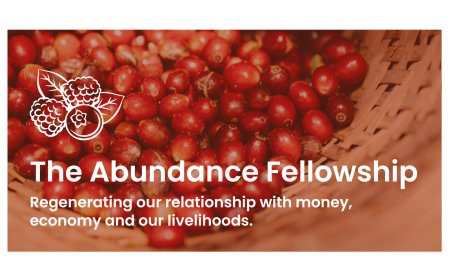



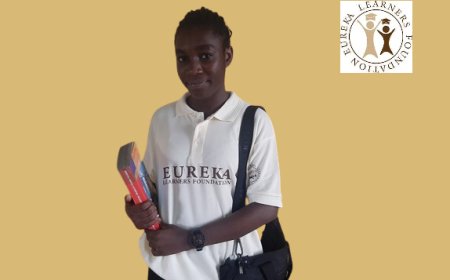
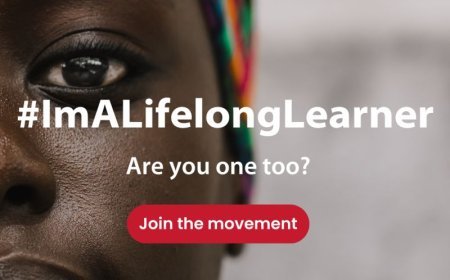
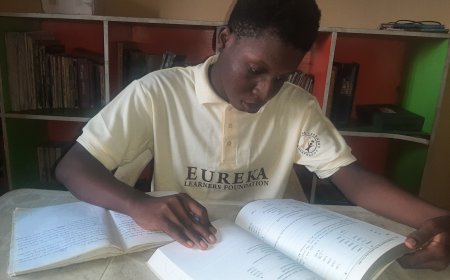

![Watch: The Butterfly Circus [Short Film] featuring Nick Vujicic](https://blog.elfglobal.org/uploads/images/202405/image_430x256_6654b9bc69c46.jpg)
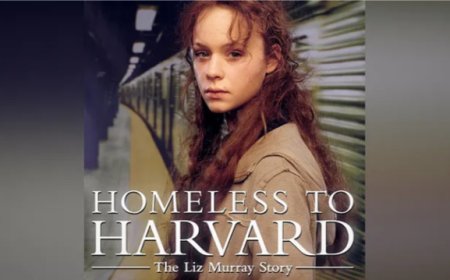
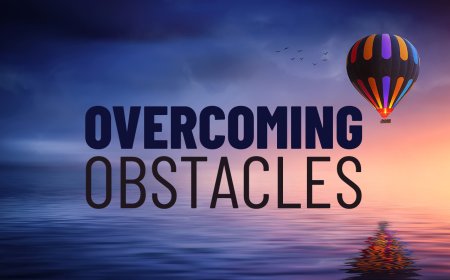
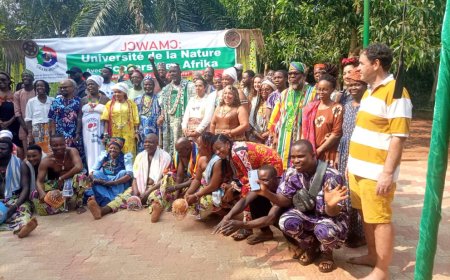
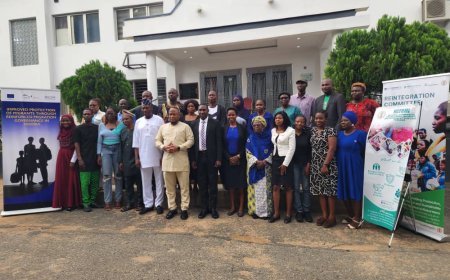
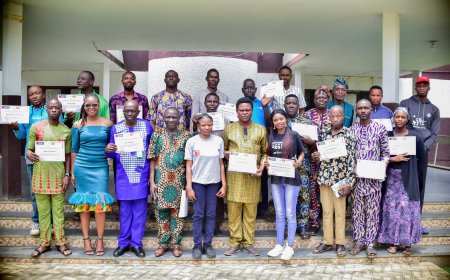
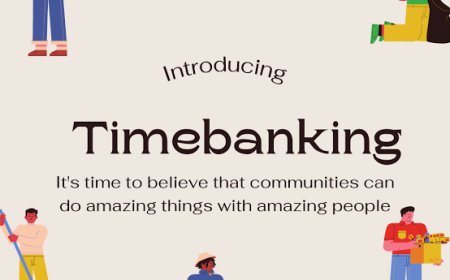
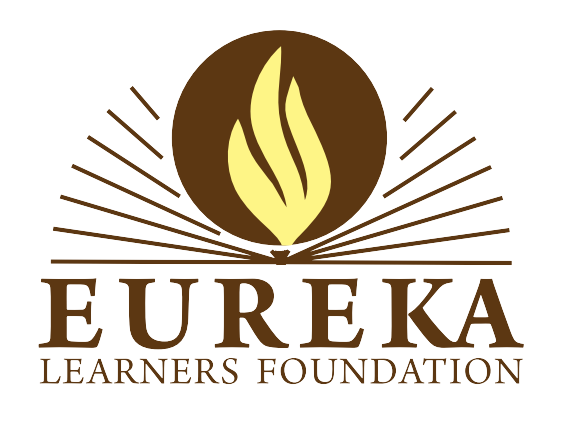
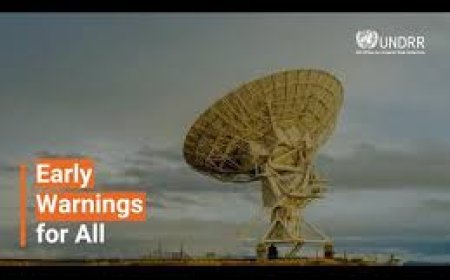
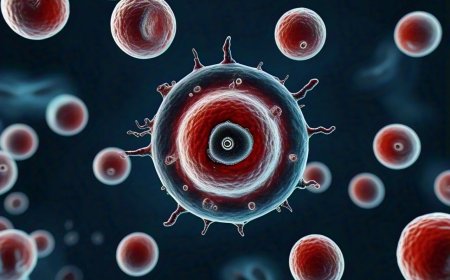


![Watch: The Butterfly Circus [Short Film] featuring Nick Vujicic](https://blog.elfglobal.org/uploads/images/202405/image_140x98_6654b9bc76b8e.jpg)





